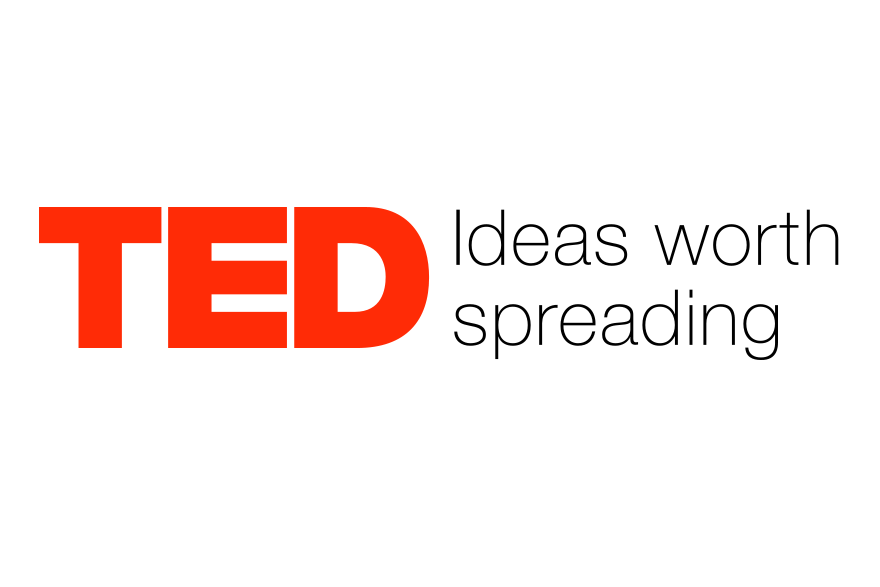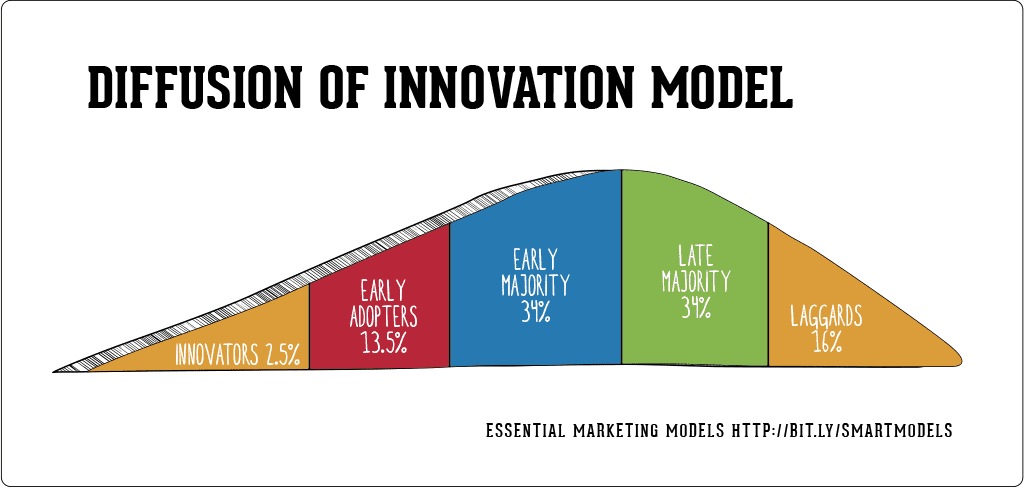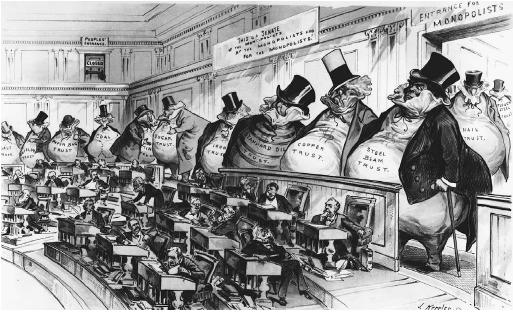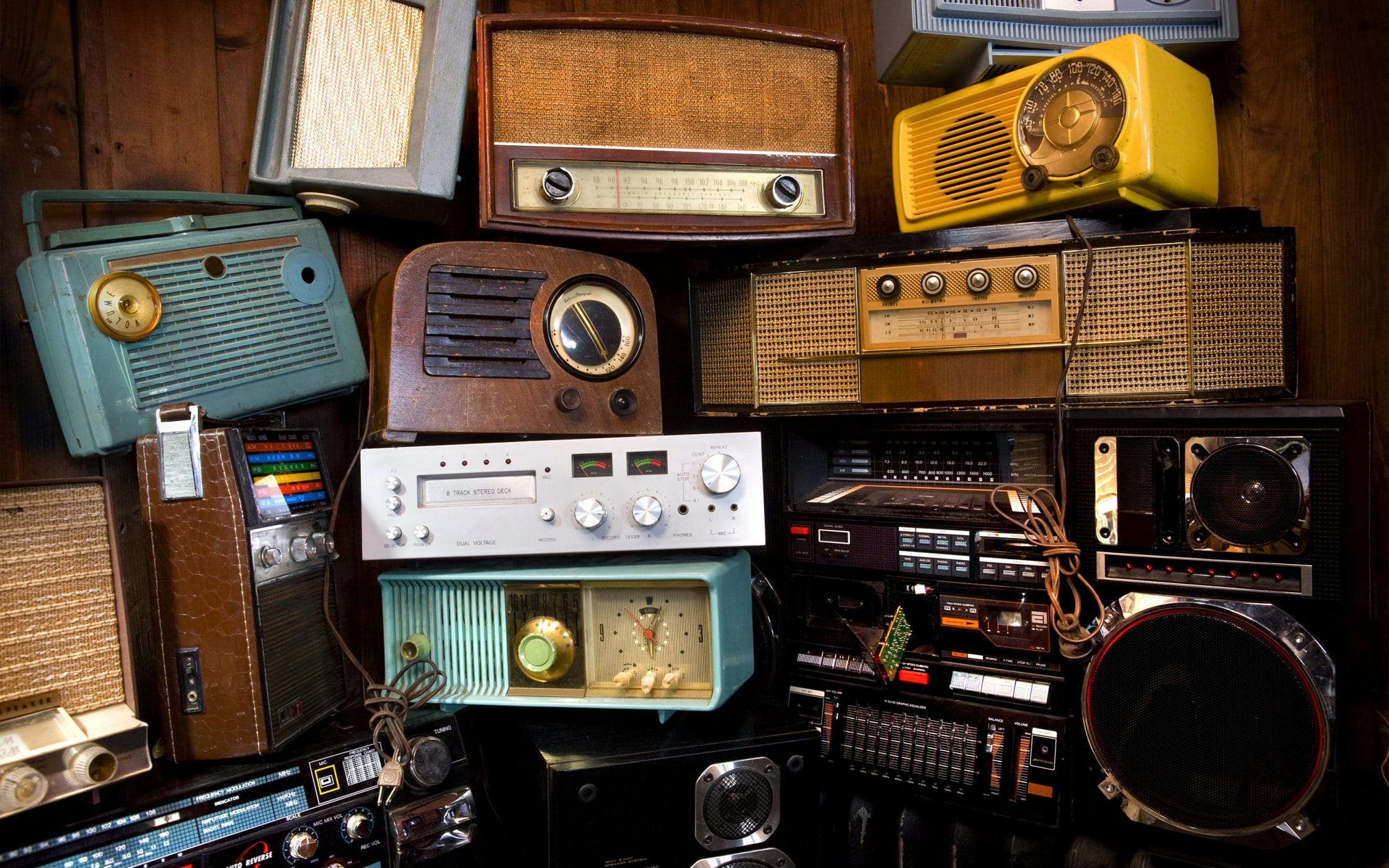Artificial Intelligence

Artificial Intelligence, or A.I, refers to systems or machines that mimic human intelligence based on the information they collect.
In today's society we are surrounded by A.I, not only in person but in our online presence as well. Technology can be good living in the Digital Age, but when too much power is involved, it's often more scary.
Big companies such as Facebook, Twitter, Google, Instagram, etc., are not only providing with us with mainstream media, however they are hiding something from us: privacy. Every person has the legal right to privacy in which people have the right to be free from unwarranted publicity, the unwarranted appropriation or exploitation of one’s personality, the publicizing of one’s private affairs with which the public has no legitimate concern, or, the wrongful intrusion into one’s private activities in such manner as to outrage or cause mental suffering, shame or humiliation to a person of ordinary sensibilities. However, this is simply no longer the case.
Not only has artificial intelligence taken over many basic human jobs, but it seems as though if no one is stopping them. The most scary aspect of The Age of A.I, is that we thought we were searching Google, however, little did we know that Google is actually searching us, too.
Elon Musk issued a friendly warning saying "A.I is far more dangerous than nukes... it's capable of vastly more than almost anyone knows".
It is know that there are 7 dangerous risks of A.I including automation-spurred jobs less, privacy violations, 'deep fakes', algorithmic bias caused by bad data, socioeconomic inequality, market volatility, and weapons automatization. As A.I grows more sophisticated the voices warning against its current and future pitfall grows louder.






